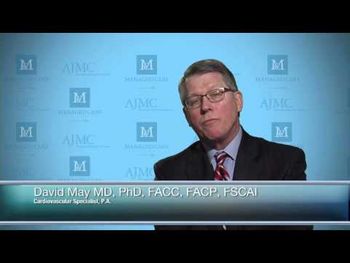
Insurance
Latest News

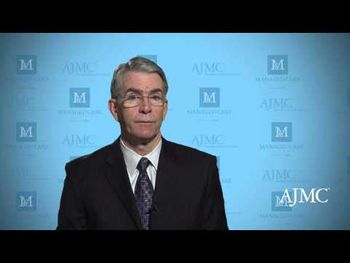
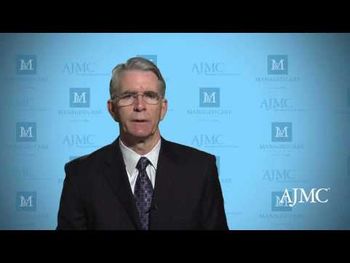
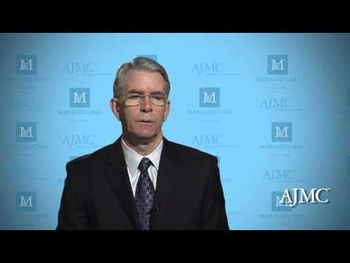
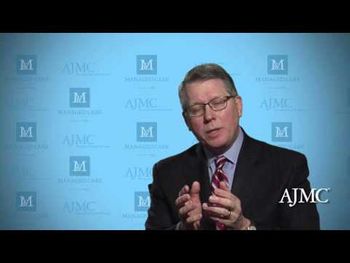


Left as-is, current exchange formuarly and network search technology has the potential for a lot of consumer dissatisfaction and backlash.

The American Journal of Managed Care publishes a first-of-its-kind study comparing different types of health insurance plans and different levels of co-payment, to see how varieties of coverage affect access to therapeutic drug classes.

Look beyond the EHR incentive program. A national effort to turn CMS's recent release of Medicare physician payment data into useful, actionable data visualizations is the hottest HIT challenge right now.


Leaders from the Centers for Medicare & Medicaid Services think private insurers have been too slow to adopt payment reforms, but they would be best served by adopting value-based payment systems in tandem with CMS today.

The Obama administration's top Medicare official is stepping down from his post. CMS Principal Deputy Administrator Jonathan Blum has been with the agency for more than five years.

The proportion of available on-patent drugs covered in low copay tiers varied by insurance type, with the lowest proportion being in Medicare plans.

A US Department of Health and Human Services (HHS) analysis determined that a new payment formula, which would reduce Medicaid reimbursement rates for generic prescription drugs, could save Medicaid up to $1.2 billion per year. So why are pharmacists and drug manufacturers pushing back?

Two new studies in The American Journal of Managed Care find that state Medicaid restrictions on access to newer antipsychotic drugs save little in the short run, and may cost more later when patients fail to stay on their medication, end up in the hospital, or both.

Simply put: When you're under observation, you're often less insured.

The Obama administration's timeline for having ready the new healthcare law's online sign-up system "was just flat out wrong," outgoing Health and Human Services Secretary Kathleen Sebelius said in an interview that aired Sunday.

Healthcare experts have officially begun a long-awaited dive into newly released data showing how much doctors charge and receive for treating Medicare patients.

As hundreds of thousands of diabetics get health coverage under the federal law, insurance companies are aggressively targeting this glut of new patients, who are expensive to treat and often lax in taking medications and following their diet.

Ophthalmologists are among Medicare's highest paid specialists-a finding already drawing scrutiny from policymakers and watchdogs worried about waste and overuse.

HHS Secretary Kathleen Sebelius has resigned her post barely a week after the close of the tumultuous initial open-enrollment period for the healthcare reform law's insurance exchanges.

Sylvia Mathews Burwell is about to become the biggest name in health care after news broke Thursday night that she will be the nominee to replace the resigning Health and Human Services Secretary Kathleen Sebelius.

Routine office visits accounted for the single largest share of Medicare physician billings in 2012 even though they amounted to just one one-seventh of the $77 billion paid by the government for physician services through the nation's senior citizens healthcare program.

The American Medical Association (AMA) said it would not block the release of 880,000 physician billing records from the Medicare claims database. The government's decision to release the information is a response to the pressure they received from employers, insurers, and consumer groups for increased transparency and access to physician payment information.

The nation's largest doctors' group said Monday it won't try to block Medicare's release of billing records for 880,000 physicians, although it continues to oppose the government's recent decision to open up the massive data trove.









